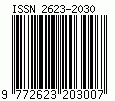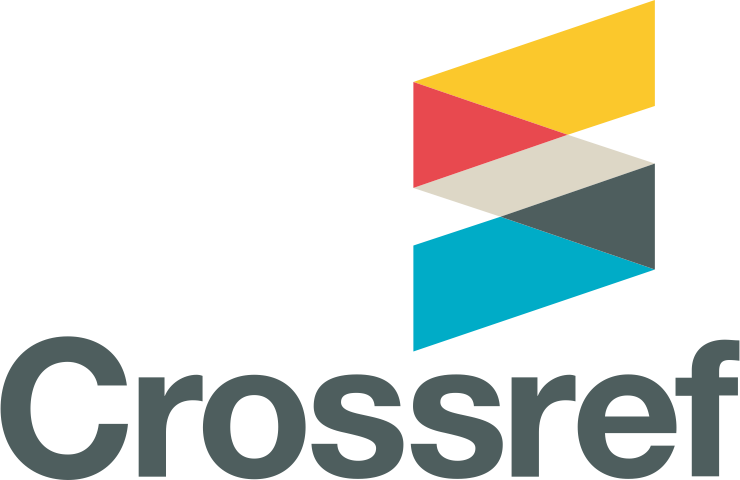THE INFLUENCE OF THE VESSEL TRAFFIC SERVICES (VTS) SYSTEM ON COASTAL RADIO STATIONS (SROP) IN TELECOMMUNICATIONS SERVICES FOR SHIP ARRIVALS IN THE TANJUNG PERAK PORT AREA IN SURABAYA.
DOI:
https://doi.org/10.33556/jstm.v26i1.438Abstract
Vessel Traffic Services (VTS) is an expansion of the Coast Radio Station (SROP) function in the field of shipping telecommunications in the Navigation District. However, its presence makes the function of the Coast Radio Station (SROP) limited. This was observed by the author when carrying out land practices which were then researched in this scientific work. The purpose of this study is to identify whether the Vessel Traffic Services (VTS) function can affect the Shore Radio Station (SROP). There are 30 Vessel Traffic Services (VTS) installation operators and the Surabaya Coastal Radio Station (SROP) as population, sample and respondents. This study uses a quantitative approach to data collection methods in the form of observation field data, interviews, and questionnaires with simple regression analysis data analysis techniques. The results of the test show a significant effect because tcount> ttable or 4.1806 < 2.048 which indicates the alternative hypothesis (H1) is accepted and the null hypothesis (H0) is rejected. The direction of the positive t value corresponds to the calculated correlation coefficient (r ≈ 0.6199), indicating that the correlation is positive.
Downloads
Published
Issue
Section
License
Authors who publish with this journal agree to the following terms:Authors retain copyright and grant the journal right of first publication with the work simultaneously licensed under a Creative Commons Attribution License that allows others to share the work with an acknowledgement of the work's authorship and initial publication in this journal.
Authors are able to enter into separate, additional contractual arrangements for the non-exclusive distribution of the journal's published version of the work (e.g., post it to an institutional repository or publish it in a book), with an acknowledgement of its initial publication in this journal.
Authors are permitted and encouraged to post their work online (e.g., in institutional repositories or on their website) prior to and during the submission process, as it can lead to productive exchanges, as well as earlier and greater citation of published work (See The Effect of Open Access).







